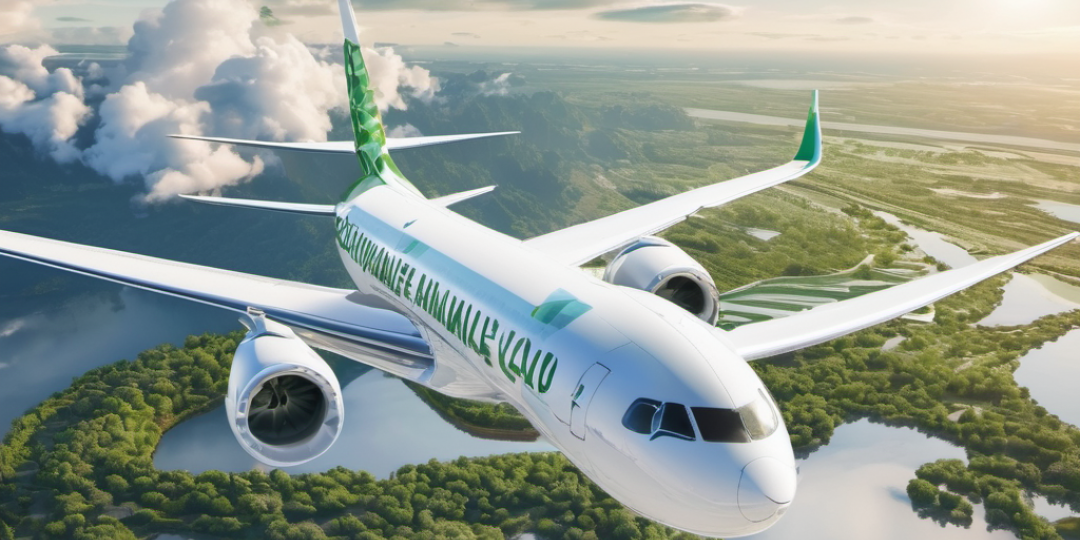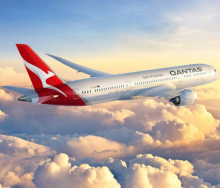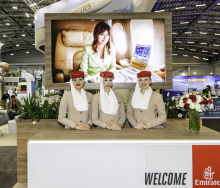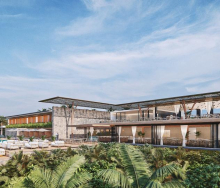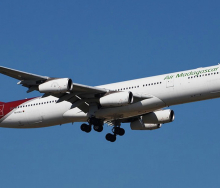A global innovation challenge has been launched by SITA, the air transport industry’s IT provider, and Innovate UK, to help regional airports in Africa reduce their carbon emissions by 20% by optimising aircraft turnaround times.
The challenge invites innovators from around the world to develop scalable, cost-effective solutions to optimise aircraft turnaround times, addressing the unique needs of smaller airports. Successful applicants stand to receive up to GBP25 000 (R568 795) in seed funding and the opportunity to collaborate on trial projects with SITA.
Although many systems are available for large airports, they are not economically or technologically feasible for smaller facilities with less complex infrastructure and more limited resources, says SITA.
The goal is to achieve a one-fifth reduction in CO2 emissions and wasted resources caused primarily by using auxiliary power units when the aircraft is stationary and serviced between flights.
“The benefits of optimising aircraft turnaround times don’t end there, with research from Boeing showing that reducing turnaround times by just ten minutes can lead to a 2% saving in related operating costs,” said SITA President for Middle East and Africa, Selim Bouri.
“This is crucial in Africa, where demand for air transport is set to double over the next 15 years, but where connectivity between markets is often inadequate and airlines struggle to make a profit amid infrastructure inefficiencies.”
Many regional African airports are unable to efficiently capture and analyse data for aircraft turnaround. This can lead to operational delays, congestion, and missed flight connections. Current processes will leave smaller airports unable to cope with the expected rise in traffic.
The proposed solutions should enhance ground operations such as disembarkation, cargo and baggage unloading, refuelling, and more, helping reduce congestion and, ultimately, fuel burn. They should be scalable, with real-time functionality, as well as measurable and capable of processing the limited data collected by smaller airports.
The selected solution will initially be trialled in either South Africa, Nigeria or Kenya.
Entries are invited from various sectors, including aviation, transport, telecommunications, AI, blockchain, and data analysis. Solutions can involve hardware, software, devices, or infrastructure. In addition to seed funding, successful entrants will receive technical support from SITA, access to Innovate UK’s expertise, and potential investment opportunities.
Entries close on October 25 with finalists announced in November. For more details and entry guidance, visit the challenge website.
